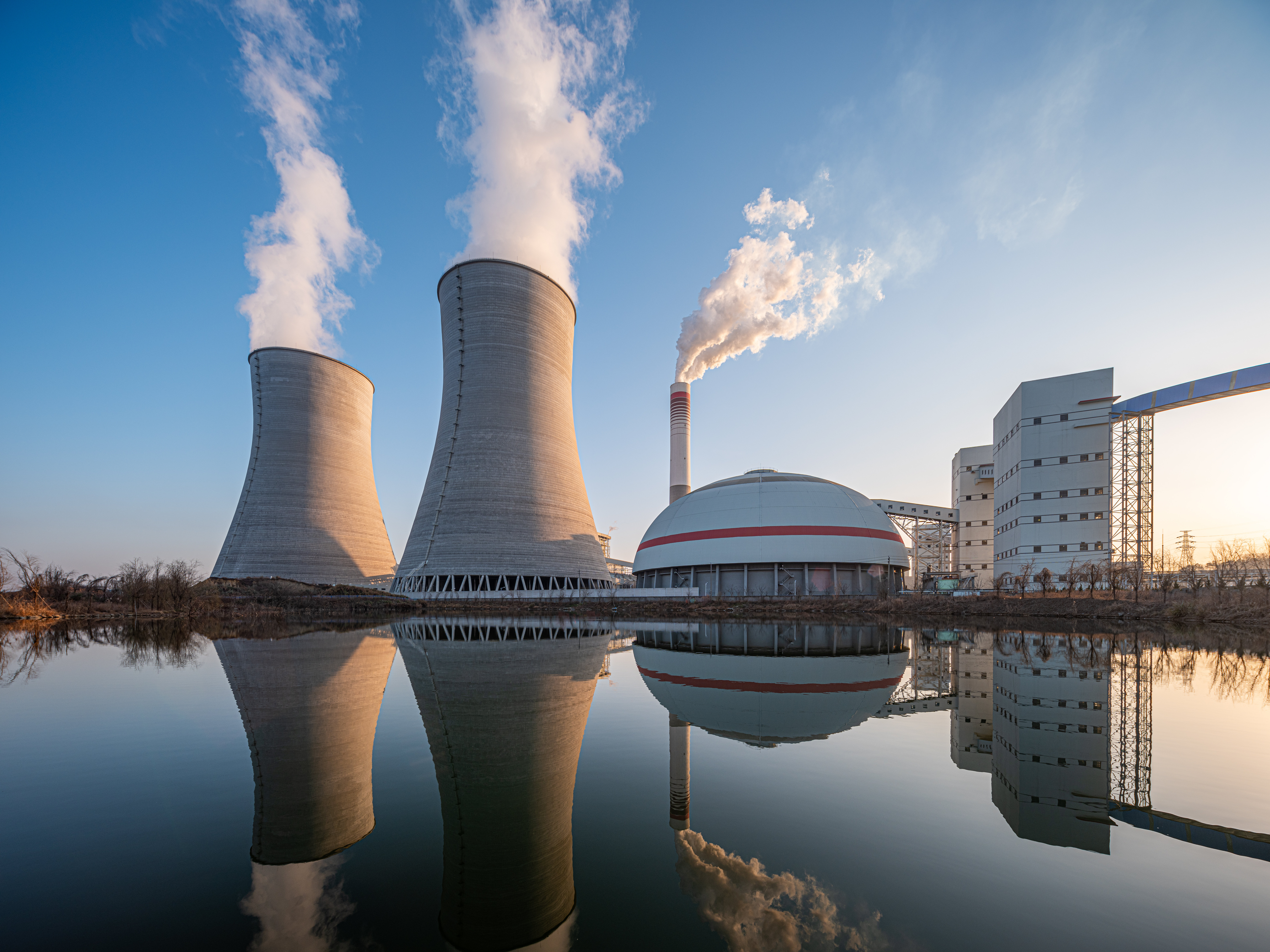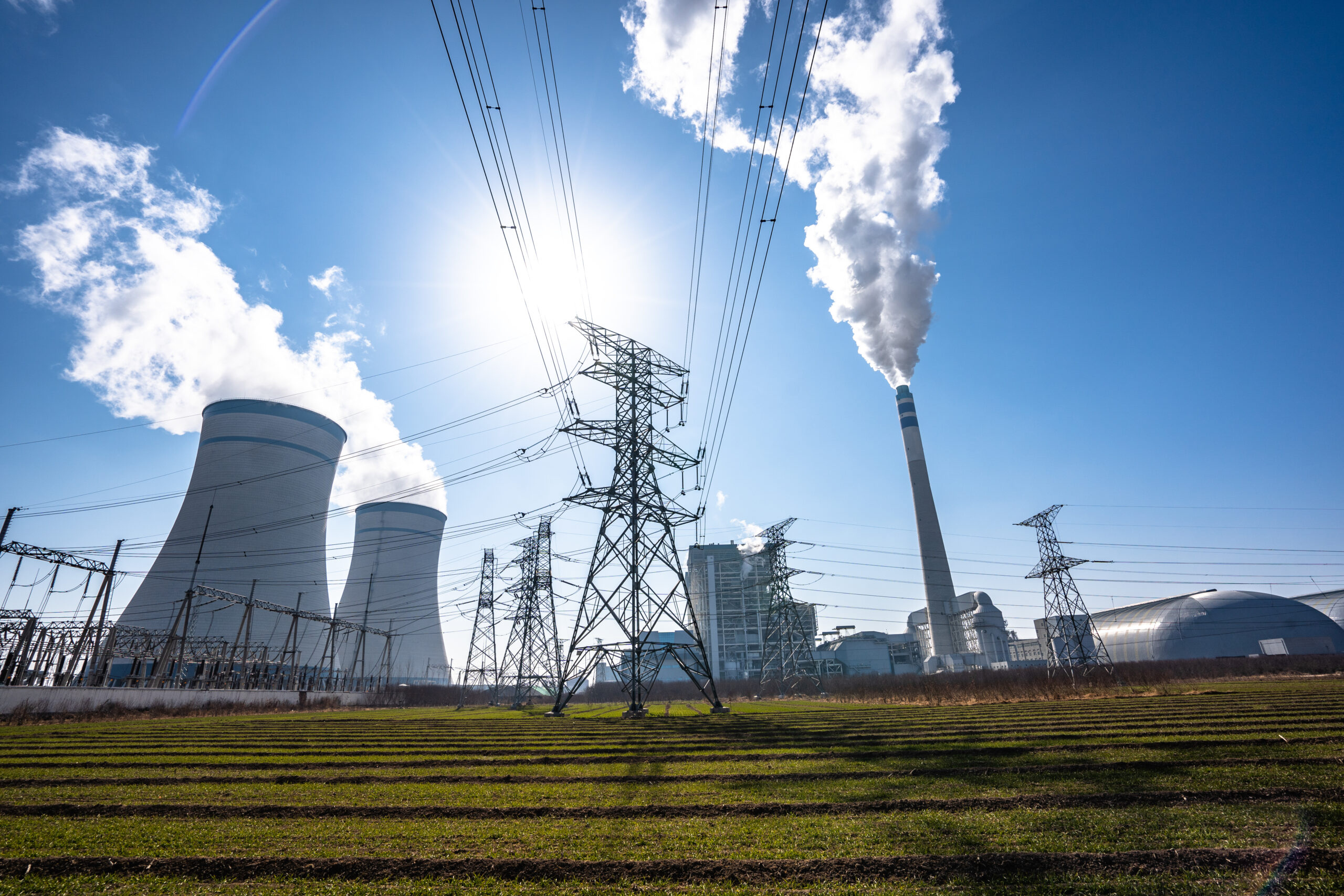

- Critical Nuclear Fuel Dependency: The U.S. faces significant reliance on foreign sources, particularly Russia and China, for enriched uranium, posing challenges for its energy security and the development of advanced nuclear reactors.
- Urgent Need for HALEU Supply: High assay low-enriched uranium (HALEU) is essential for next-generation reactors, but domestic production capacity and infrastructure remain insufficient, threatening progress toward meeting future energy demands.
- Strategic Solutions Underway: The U.S. Department of Energy is investing $2.7 billion in domestic enrichment projects, including innovative technologies like laser enrichment, to build a resilient supply chain and reduce dependency on geopolitical adversaries.
The United States, under the leadership of President-elect Donald Trump, has emphasized energy security and dominance as core national goals. Yet, amidst its ambitious vision, a critical challenge lingers—its reliance on foreign sources of enriched uranium, a vital fuel for nuclear reactors. This dependency is particularly problematic for the next generation of advanced nuclear reactors, which promise to meet the rising power demands of artificial intelligence and data centers but require a specialized type of fuel known as high assay low-enriched uranium (HALEU).
This issue became more pressing after the United States enacted a ban on Russian uranium imports. Although this legislation, passed in mid-2024, reduced imports by half, a loophole allowing waivers for existing customers has maintained a partial dependency on Moscow. This dependence persists despite broader Western efforts to sever energy ties with Russia, as part of the response to its war in Ukraine. Even Russia appears willing to sustain this trade, issuing waivers of its own to facilitate limited exports to the U.S., despite announcing a formal ban on shipments.
Globally, the struggle to diversify uranium supplies underscores the risks inherent in a concentrated market dominated by a few countries. The International Energy Agency (IEA) has highlighted this vulnerability, warning that the expansion of nuclear energy to meet decarbonization and energy needs could be hampered by reliance on adversaries like Russia and China. Europe, which also relies on Russian uranium, has begun to shift away, but key players such as France remain tied to this source for Soviet-era reactors. The complexity of transitioning to alternative suppliers is exacerbated by the time-intensive regulatory approvals required for enriched uranium imports, leaving limited flexibility to adapt to sudden shifts in supply.
The U.S. government has started addressing this issue by investing in domestic enrichment capabilities. In December 2024, the Department of Energy awarded contracts worth $2.7 billion to six companies tasked with boosting production of both low-enriched uranium (LEU) for existing reactors and HALEU for advanced reactors. Among these companies is LIS Technologies, which is exploring laser enrichment as a more efficient alternative to traditional centrifuges. The need for such innovation is urgent, as demand for enriched uranium is projected to surge with plans to triple the size of the U.S. nuclear fleet.
While current stockpiles and imports from allied nations may suffice for today’s reactors, HALEU remains a major uncertainty. Advanced reactor developers like TerraPower and X-energy depend on this specialized fuel, but with traditional enrichment methods requiring new facilities and security measures, the timeline to establish a reliable supply is precarious. Complicating matters, HALEU’s higher enrichment levels necessitate new transport infrastructure, as existing casks for low-enriched uranium cannot be used.
The challenges surrounding HALEU production reveal a “chicken-and-egg” dilemma. Without established demand, producers have been hesitant to invest heavily, but without a secure supply, advanced reactor projects face delays. The Department of Energy’s initiative aims to break this cycle by jumpstarting domestic HALEU production, yet questions remain about whether traditional or innovative enrichment technologies can meet the needs of advanced reactors in time.
Meanwhile, the shift away from Russian imports has brought increased scrutiny of Chinese uranium exports. Concerns are mounting that China could be indirectly aiding Russia in bypassing U.S. sanctions, prompting calls to ensure that reliance on one geopolitical adversary is not replaced with dependency on another.
The path forward demands urgent, coordinated efforts to build a robust domestic supply chain for enriched uranium, including HALEU. Resolving this issue is crucial not only for sustaining the growth of nuclear energy in the U.S. but also for fulfilling the energy demands of an increasingly digital and AI-driven economy. With time running short, the stakes for ensuring energy independence and technological progress have never been higher.

0 Comments